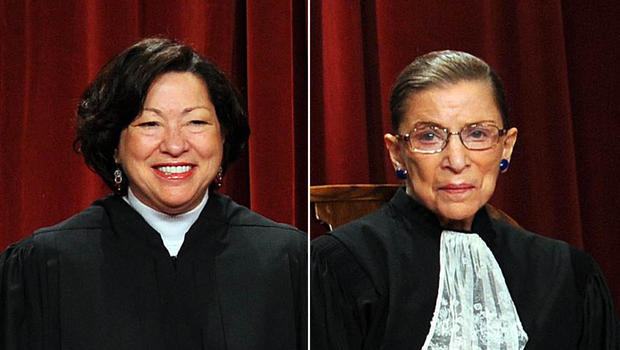For the past few years I have been presuming that collegiality and civility have died a slow, painful death, that they have been replaced by rancor and hatred for those with opposing points of view.
Then I read an editorial in the Dallas Morning News that told me to hold on, that it ain’t so.
The editorial talks about two justices of the U.S. Supreme Court, Amy Coney Barrett and Sonia Sotomayor, who spoke to the National Governors Association. They talked about how the justices can differ, but they do not see each other as enemies.
The editorial states, in part: Civility and compromise are values in our democracy that, as of late, are buried in bitter arguments or smothered in misinformation.
Barrett is a deeply conservative member of the high court; Sotomayor is an equally fervent progressive jurist. The editorial notes: “When we disagree, our pens are sharp. But on a personal level, we never translate that into our relationships with one another,” Sotomayor told the crowd at one event.
The DMN editorial takes particular note of the extraordinary friendship forged long ago by two justices, the late Antonin Scalia and the late Ruth Bader Ginsburg. Their friendship became a talking point around the country as to how people with widely divergent points of view can retain personal affection.
The editorial is posted here: Two Supreme Court justices are reminding us how to act like adults (dallasnews.com)
Barrett said: “We don’t speak in a hot way at our conferences,” Barrett said. “We don’t raise our voices no matter how hot-button the case is.”
I am heartened to hear the words of two jurists who have told the world what goes on behind closed doors at the nation’s highest court. May their secret be repeated in other governmental chambers — such as the Congress — where the principals do raise their voices and speak ill of each other.

